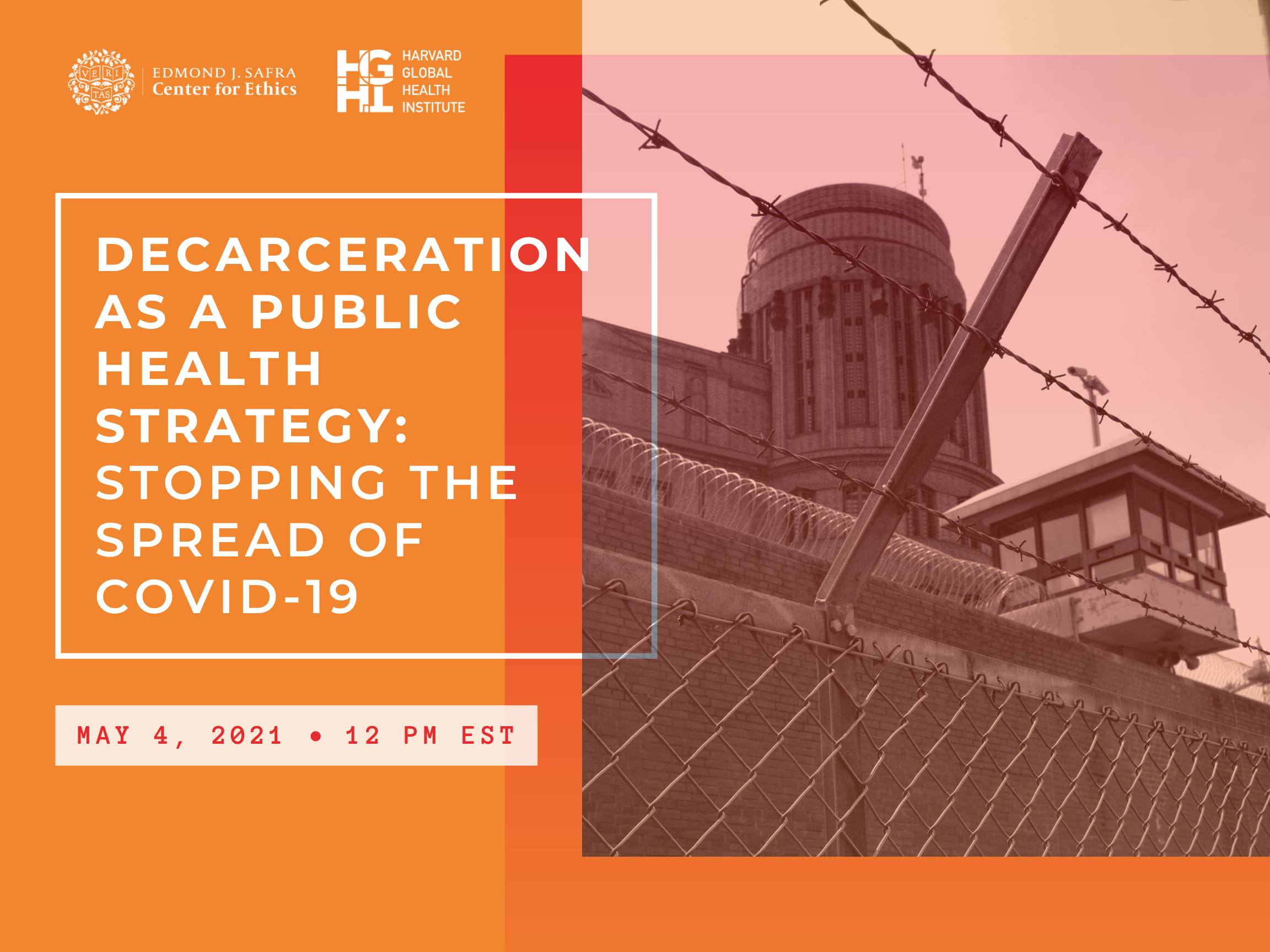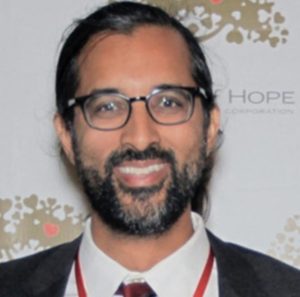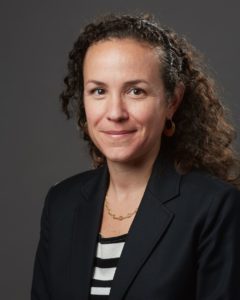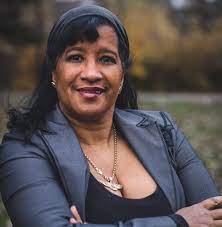
May 4, 2021, 12:00 pm - 1:10 pm
Decarceration as a Public Health Strategy: Stopping the Spread of COVID-19

The second event in our series will consider prison depopulation or decarceration in response to the threat of COVID-19 in places of incarceration. In response to the growing number of COVID-19 outbreaks in these facilities, public health experts, civil rights attorneys, and advocacy groups have made urgent appeals for decarceration. Since the onset of the COVID-19 pandemic, prison decongestion measures have been adopted in over 100 countries worldwide. However, decarceration and prison depopulation isn’t straightforward. It raises a host of questions and challenges around issues such as recidivism, racial equity, and support systems for those reentering society.
To examine these issues, this webinar will bring together a diverse panel of researchers, practitioners, and activists to discuss the role of decarceration as a part of the public health response to COVID-19 and examine current decarceration efforts around the world.
Speakers:
 Rahul Vanjani
Rahul Vanjani
Rahul Vanjani (he/him) is Assistant Professor of Medicine at Alpert Medical School of Brown University. Rahul received his MSc at the University of Oxford in Integrated Immunology, and MD at George Washington University School of Medicine. He completed residency in Internal Medicine at Columbia University/New York Presbyterian.
Rahul is a primary care physician with board certifications in Internal and Addiction Medicine. His clinical work is based out of the Rhode Island Hospital Center for Primary Care, the academic residency clinic of Brown University’s Internal Medicine residency program. There, he works in the Transitions and Recovery Clinics, where, in partnership with community health workers/peer recovery specialists, he provides primary care and wraparound services to patients with histories of carceral exposure and substance use. Rahul’s clinical practice also includes street medicine outreach once weekly in partnership with peers and case managers from House of Hope. Partnering with and teaching medical students and residents is a central part of his clinical work.
=Rahul’s research interests include structural violence with a focus on the intersection between the carceral and medical systems, use of buprenorphine in the treatment of opioid use disorder, the roles and responsibilities of community health workers in health systems, and the public defender-medical partnership. Rahul also directs the Social Medicine course, a month-long clinical elective for third- and fourth-year Brown University medical students with three central tenets: providing housing and other forms of advocacy support to patients via a Social Medicine Assistance Clinic, participating in patient care with peers, social workers and health care providers who practice street outreach and addiction medicine, and engaging in a weekly social medicine reading group that grounds the work in theory.
 Madhurima Dhanuka
Madhurima Dhanuka
Madhurima Dhanuka is the Programme Head of the Prison Reforms Programme. In this capacity, she leads, manages and develops initiatives of the team in order to improve prison conditions; strengthen prison oversight mechanisms; strengthen pre-trial decision making; ensuring access to prompt and effective legal aid for persons in custody; and protecting rights of vulnerable prisoners including women, transgenders and foreign nationals. She is a lawyer with an LL.M. in Criminal Justice from the University of Nottingham, UK. She has been associated with CHRI since 2008, and has published numerous studies, reports and resource materials on issues relating to prisoners, legal aid and the criminal justice system.
 Lisa Puglisi
Lisa Puglisi
Lisa Puglisi, MD is an Assistant Professor of Medicine at Yale University where she practices primary care and addiction medicine. She is the director of Transitions Clinic-New Haven, a multi-disciplinary clinic that is part of a national network of programs that focus on care of individuals who are returning to the community from incarceration. Her clinical practice includes treatment of addiction and hepatitis C in primary care and she also oversees a medical legal partnership. She has developed specific skills in training, hiring and supervising community health workers and directing interdisciplinary teams of physicians, midlevel providers, community health workers, research personnel and legal colleagues around the work of clinical care and research to improve the health of people with recent incarceration. She is originally from the New Haven area and deeply committed to the community. Lisa received her undergraduate degree from Tufts University, her medical degree from Albert Einstein College of Medicine and completed her medical training at Yale New Haven Hospital.
 Leslie Credle
Leslie Credle
Leslie Credle was released from Federal Prison in 2018. Since release she has been on a mission to dismantle the carceral system and end incarceration for women and girls.
Sadly, while incarcerated, Leslie endured the loss of her beloved daughter, Brianna aka “Breezy” to gun violence. Turning her pain into purpose, utilizing her lived experience, Leslie has become a fierce prison abolitionist and social justice advocate. You can find Leslie advocating for formerly incarcerated individuals and those with a criminal record to obtain sustainable equitable housing.
Through her creative soul, Leslie developed a model, Hands On Defense (HOD), which is designed to disrupt the screening criteria used by Public Housing Authorities, who determine if justice-involved applicants merit housing.
Northeastern University Alumni and 2020 Cohort of Columbia University, Women Transcending Collective Leadership Institute, Leslie is someone to pay attention to. She is destined to be a future leader in the movement to end incarceration of women and girls.


